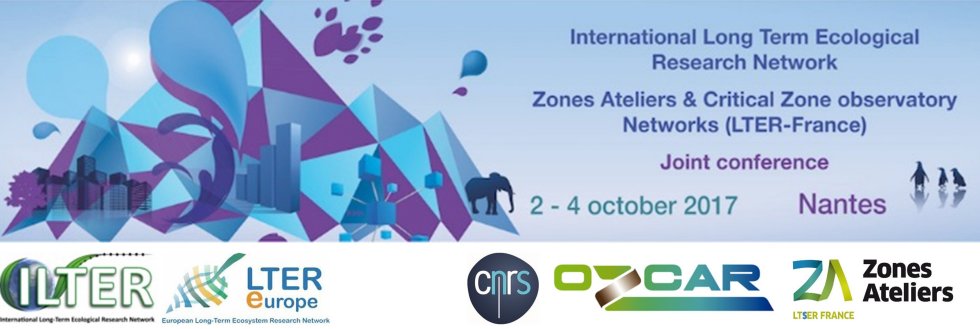Program > Keynotes speakers
|
Prof. Daniel Richter (Soils and Forest Ecology, Nicholas School of the Environment, Duke University, Durham, North Carolina, USA) is in charge of the "Calhoun observatory" CZO in the United States
To learn more about Dan ....
The keynote presented by Dan is entitled: “Darwin, Lyell, Ecosystems, & Earthe's Critical Zone”
|
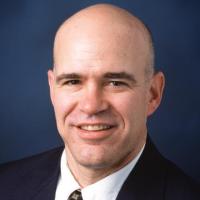 |
|
Prof. Steven Banwart (Integrating Chair in Soil / Water / Agriculture, School of Earth and Environment, Université de Leeds, UK) has been in charge of the EU program SoiTrEC. He contributes also to the US-China program on the CZOs.
To learn more on Steve ...
The keynote presented by Steve is entitled: “Critical Zone Observatories for soil and water resources - experience from the UK-China CZO programme”
|
 |
|
Prof. Bruno Latour is a sociologist and anthropologist, particularly interested the philosophy of sciences. Fromer professor at Sciences Po (Paris), he has created and directed the Medialab and the program of Sciens Po on arts and politics (SPEAP).
To learn more on Bruno Latour ...
Prof. Latour's keynote is entitled: ”Why is it so difficult to stitch geochemistry and ethology together? A view from social science”
|
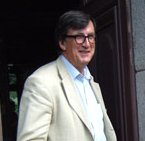 |
|
Dr Jill Baron (US Geological Survey, Fort Collins, Colorado) founder and Co-Director of the John Wesley Powell Center for Earth System Science Analysis and Synthesis.
To learn more on Jill ...
The keynote presented by Jill is entitled: “Too much of a good thing: how the International Nitrogen Management System is addressing global nitrogen issues”:
- The availability of synthetic nitrogen fertilizer and the growth of industrial society has transformed the lives of people on this planet. The benefits in quality of life, however, comes with increasing negative consequences for the environment and human health. A new program, the International Nitrogen Management System, or INMS, has just been launched to better understand the global cycle of nitrogen, quantify the methods used to address threats and benefits of readily available reactive nitrogen, and offer suggestions for managing nitrogen across local to global scales.
|
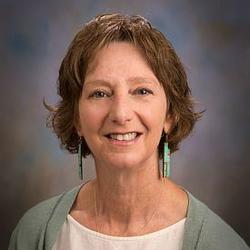 |
|
Prof. Graeme Cumming (ARC Centre of Excellence on Coral Reef Studies, James Cook University, Townsville, Queensland, Australia) has a wide range of interests, centered on spatial aspects of ecology and the relevance of broad-scale pattern-process dynamics for ecosystem (and social-ecological system) function and resilience.
To learn more on Graeme...
The keynote presented by Graeme is entitled: “A long-term perspective on managing protected areas as social-ecological systems”
- Protected areas are critical for both long-term ecological research and biodiversity conservation in a changing world. Globally, ecosystems and societies are entering a period of rapid change. In this new world, adaptive, proactive management of protected areas as social-ecological systems is critical for their long-term resilience and sustainability. I will draw on examples from my and my students’ research on South African national, provincial, and private protected areas to explore some of the social-ecological complexity that protected areas and protected area managers must cope with, focusing on cross-scale effects, spatial relationships, and socioeconomic influences. Our results highlight key uncertainties in several new and exciting areas of social-ecological research, as well as demonstrating how interdisciplinary science can usefully inform policy and management responses to socioeconomic change.
|
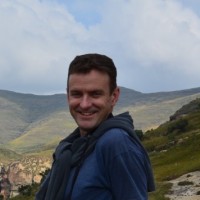 |
|
Prof. Christopher Swan (Department of Geography & Environmental Systems, University of Maryland, Baltimore County, USA) is a community ecologist with expertise in riverine and urban ecology. He is a Fellow at the Center for Urban Environmental Research and Education, and a co-investigator of the Baltimore Ecosystem System, a US Long Term Ecological Research site.
To learn more on Chris...
The keynote presented by Chris is entitled: “Biodiversity, ecosystem function and services in urban environments".
- In the face of rapid global change, a key challenge in ecology today is to understand the functional impacts of shifts in species diversity and composition. Ongoing urbanization is known to be a major driver of biodiversity loss. A combination of species invasions, environmental filtering and human management actions lead to patterns of biotic homogenization both within and between cities. The quality of many vital urban ecosystem services such as storm water infiltration, pollination and soil remediation, however, is dependent on the ability of city habitats to maintain functionally diverse urban plant communities. I will present results from a three-year field experiment which manipulated both functional and phylogenetic diversity of seed additions into vacant lots in Baltimore, MD USA to determine how increasing the diversity of the urban species pool impacted community assembly, ecosystem function and ecosystem services on vacant land.
|
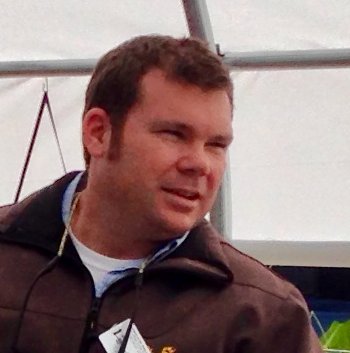 |
|
